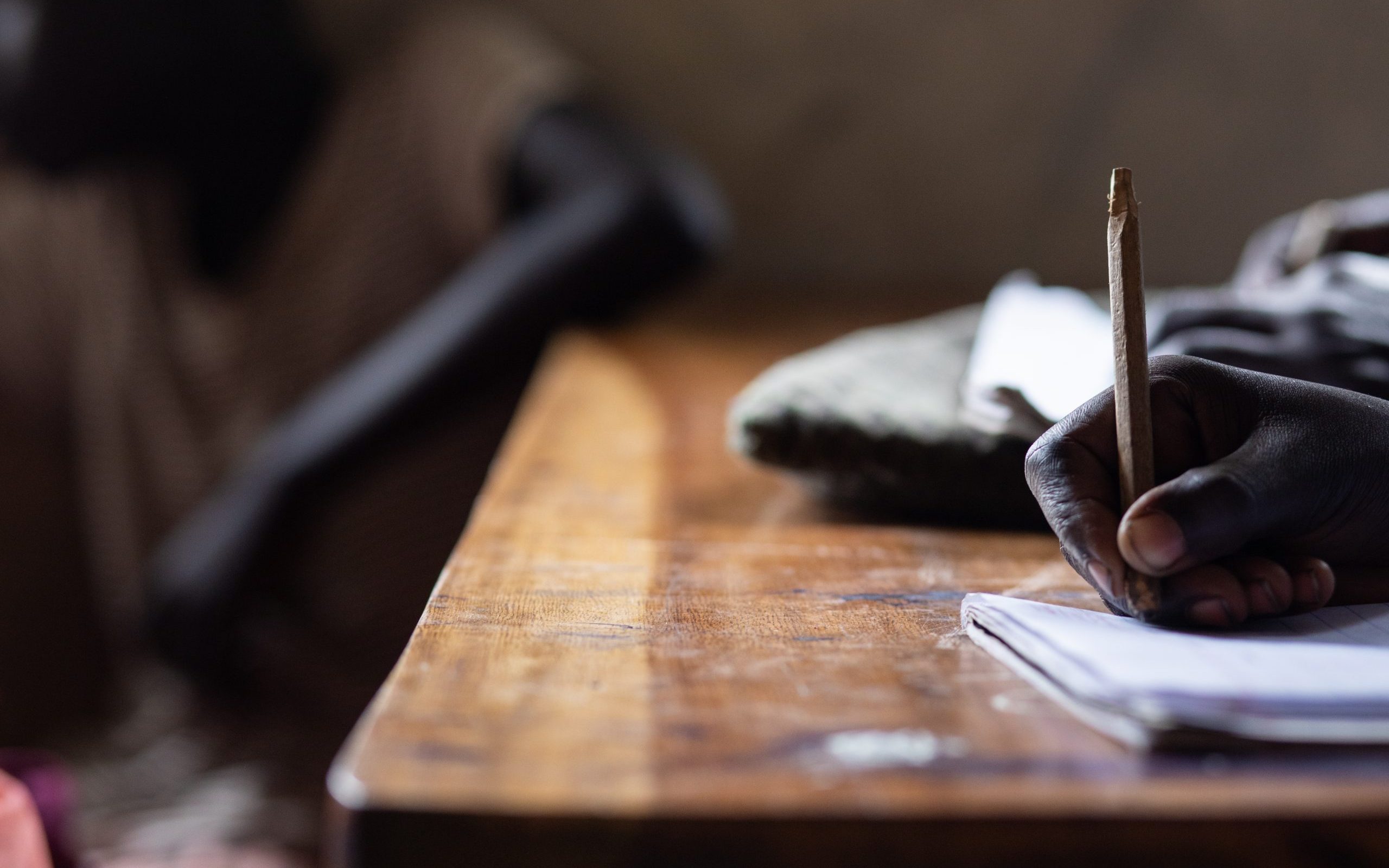Bringing the voices of children with disabilities into the front and centre of our campaigning
To mark the Day of the African Child 2025 earlier this year, the Able Child Africa Network celebrated children who advocate for themselves and their rights. This year’s theme, “Planning and budgeting for children’s rights: progress since 2010”, challenges us all to reflect on how far we have come and how far we still need to go to ensure children’s voices are heard in decisions that affect them.
Across the Able Child Africa Network, we believe children with disabilities know what they need. Their voices can be and must be at the centre of planning, budgeting and decision making. We are proud to stand alongside children with disabilities who are speaking up for their rights and shaping their futures.
So, we asked them.
Below is the culmination of that effort to bring the voices of children with disabilites into the front and centre of our Day of the African Child campaign this year. View the gallery to learn about what change needs to look like from children with disabilities themselves across East and Southern Africa.
Jabali (13, Kenya)
“I love being in class learning alongside my peers who have no disability. I give them a challenge in terms of performance. Regardless of my disability nature, myself have achieved a lot.”
Jabali calls for:
“Proper and safe transport means for children with disability, accessible toilets and classrooms, and trained teacher aides to support us in our areas of weakness.”
According to the African Committee of Experts on the Rights and Welfare of the Child, progress has been hindered by poor coordination, inefficient use of resources, gaps in data, and — critically — the lack of meaningful child participation in planning and budgeting processes. These barriers stand in the way of realising children’s rights.
To celebrate the Day of the African Child we call for renewed commitment from African governments to invest in child rights planning and budgeting that truly includes children, especially children with a disability.
Real progress is not just measured in policy. It is felt in classrooms, toilets, transport and in the relationships that shape a child’s daily life. Every child with a disability deserves to be seen, heard and supported, so they can thrive.
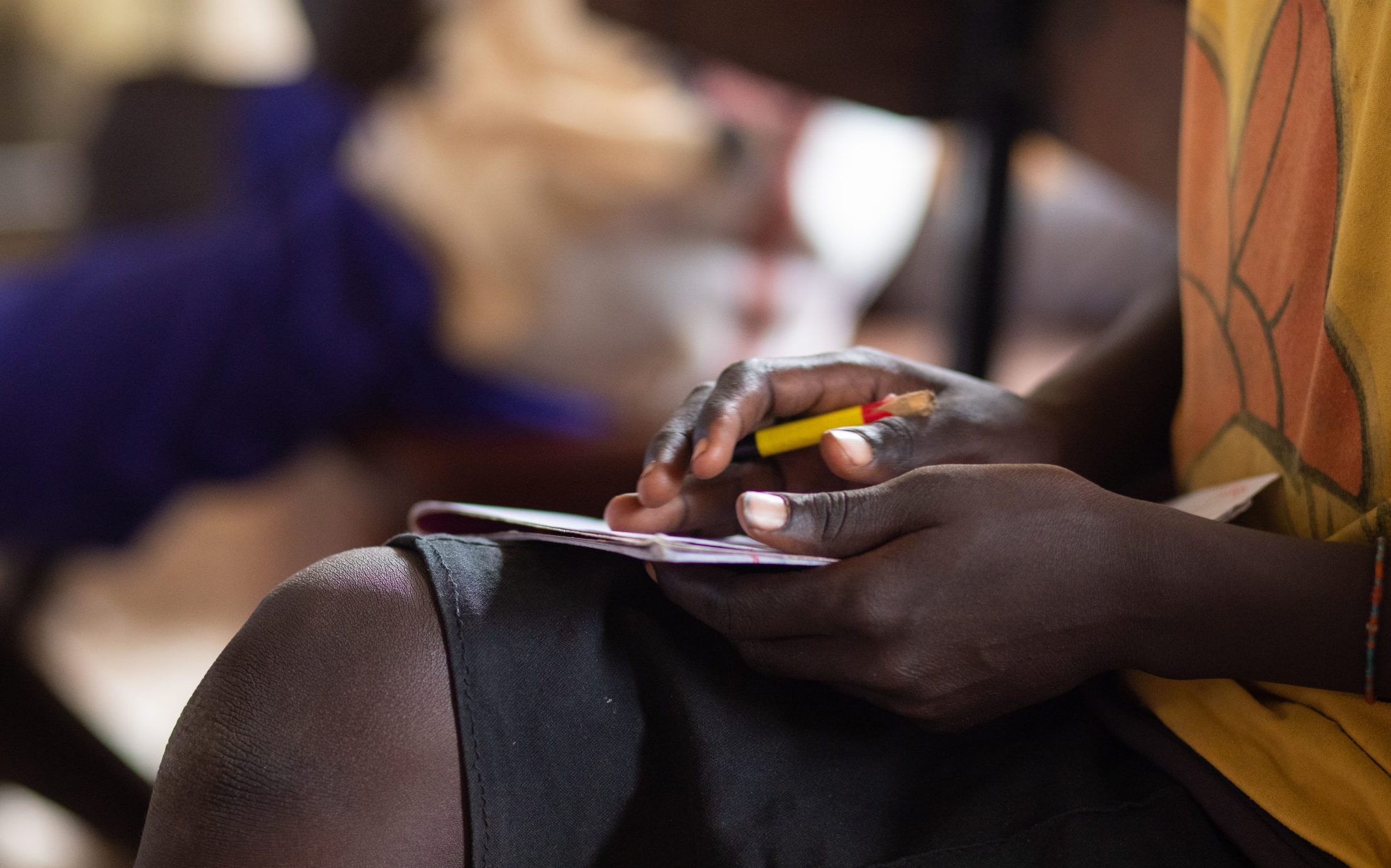
Birungi (13, Uganda)
“I believe that every child regardless of his or her disabilities deserves access to basic needs like education, healthcare, food, clothes, shelter.”
Birungi calls for meaningful investment in education, inclusion and independence.
Birungi expressed the following:
“I request the government of Uganda to increase on the money given to support children with disability in schools to make conducive learning environment which is free from noise to teach learners financial knowledge that can help them generate income to help them improve on their lives.”
We stand with children like Birungi who are not only asking to be included, but who are offering clear solutions.
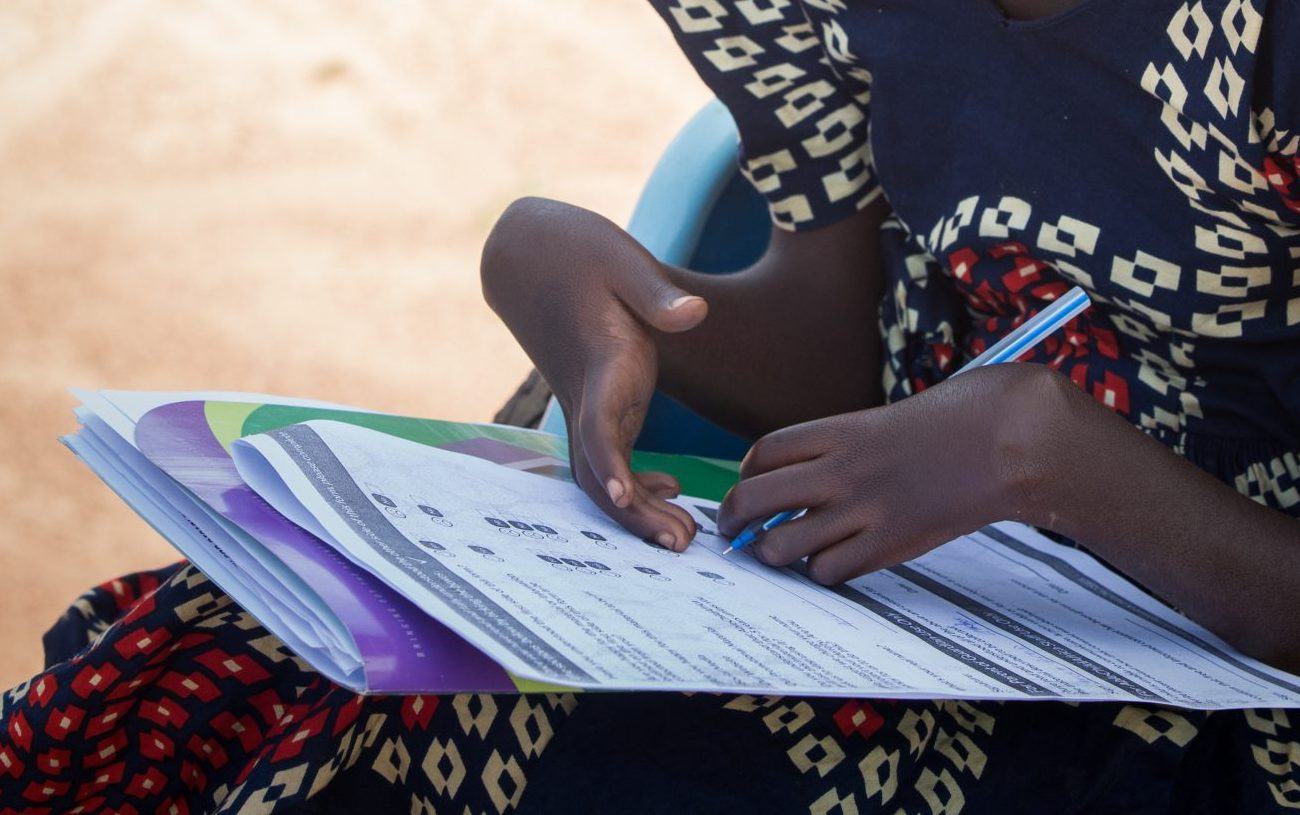
I may be small, but I know what I need.
Ekari
Ekari (8, Malawi)
“I may be small, but I know what I need.”
Ekari expressed the following:
“I want to talk about education. I love going to school, but sometimes it is not easy for me to do so. My classroom does not have a ramp, so I ask people to lift me up. The toilets are not good enough for a child like me; I cannot use it well in my wheelchair, and are too far. That makes me sad.”
“I want the government to start building ramps at schools and toilets so that children like me can be using without problems. I also need teachers who know how to help children like me, so we feel part of the class.”
“I also want to say something about hospitals. One day when I was sick, and we went for treatment. There were no wheelchairs at the clinic. I wish the government should help clinics get wheelchairs and medicine for children like me.”
“I may be small, but I know what I need. We are children too, who need to be included, and who want to be happy and to learn. Please do not forget us. Thank you.”
We are standing with children like Ekari who are telling us what they need to thrive.
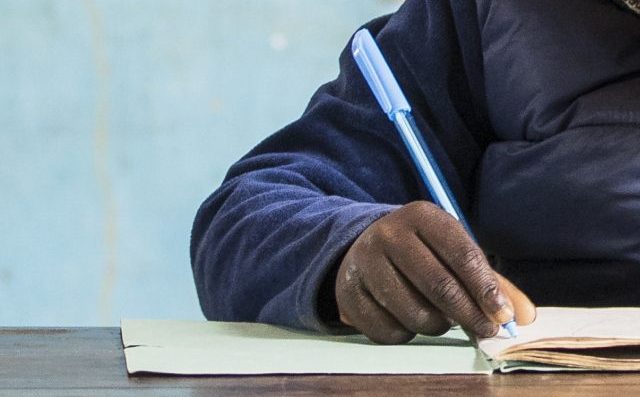
Ntwali (10, Rwanda)
“Icyifuzo dufite twumva twabagezaho nuko mwajya mutegura ibiganiro cyangwa ibikorwa byinshi bihuza twe nk’ abafite ubumuga na bandi bantu basanzwe kandi tugahura nabafite ubumuga bo hirya no hino.”
“Our request that we convey to you is that you organize more discussions or activities that connect us as people with disabilities with other ordinary people and meet people with disabilities from all over the world.”
Ntwali, a child from Rwanda, wrote a letter describing the everyday challenges faced by children with disabilities in school.
He shared that,
“Children with disabilities face many challenges in our lives such as living far from our schools and when we arrive there, we find that there are no facilities that can help us. The way we are taught is often difficult for us, and the way other people treat us and isolate us is also something we ask to be addressed.”
He also explained, “Some children do not receive school supplies because of limited resources at home or because their parents do not believe in them as someone who can achieve something for themselves.”
We are committed to ensuring that children like Ntwali are heard, valued and included in the decisions that shape their education and futures.
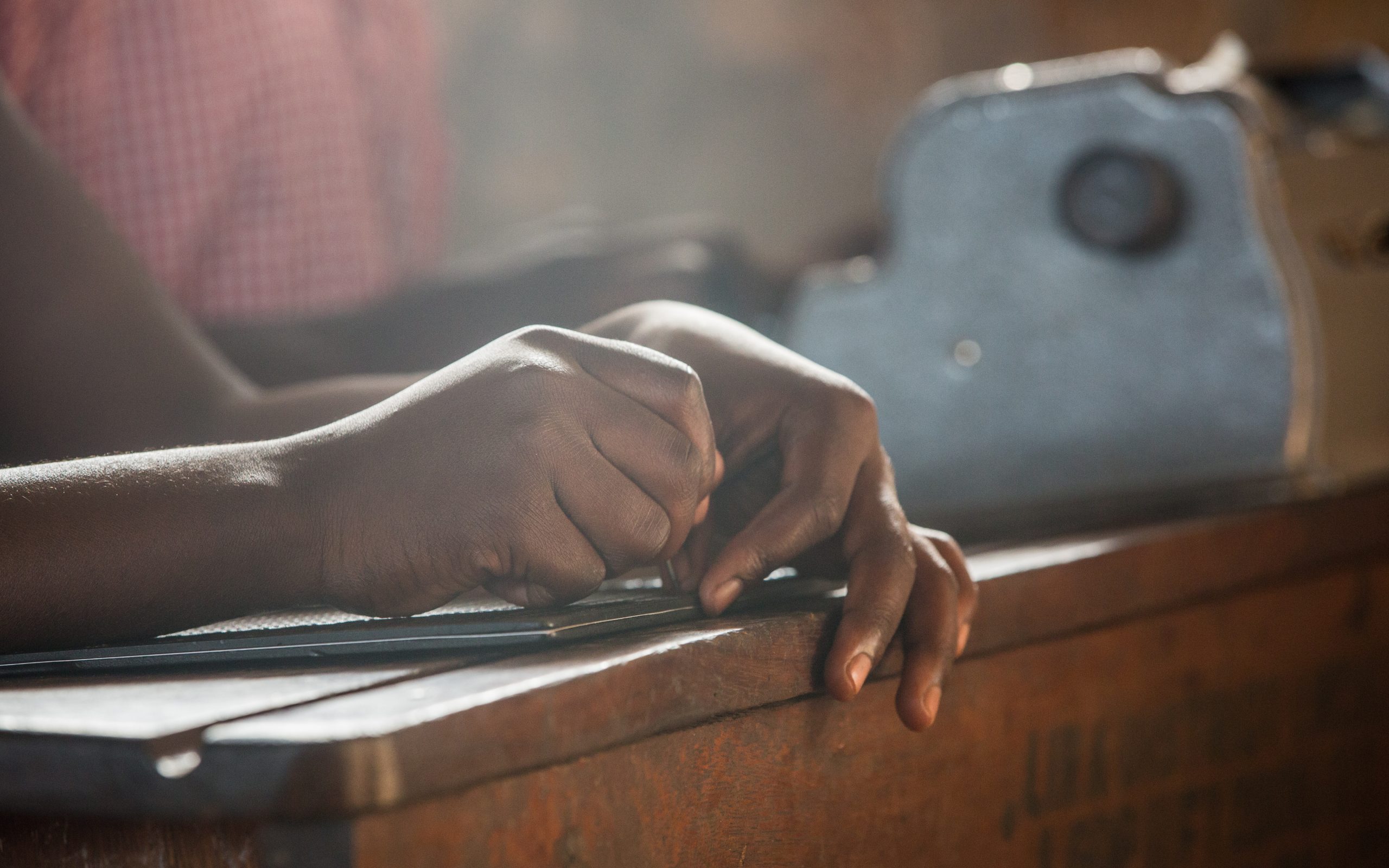
Mustafa (Kenya)
“Inclusive education helps all children understand and appreciate each other’s differences so we as children with disabilities feel accepted and valued in society.”
Mustafa, a student in a programme supported by our programmes, is clear about what is still missing and what needs to change.
Mustafa expressed the following:
“Education is a right for every child regardless of abilities or disabilities. As a child who wants to learn, I pray and trust with others belief, our schools can be a place where children like me can regain the chance to succeed. Inclusive education helps all children understand and appreciate each other’s differences so we as children with disabilities feel accepted and valued in society.”
“I kindly ask you to open our schools’ doors to children with disabilities. Thank you for considering my humble request. I would be happy to meet you and share more about how we can make this possible.”
We are standing with children like Mustafa who are not only dreaming of inclusive schools, but are helping shape them.
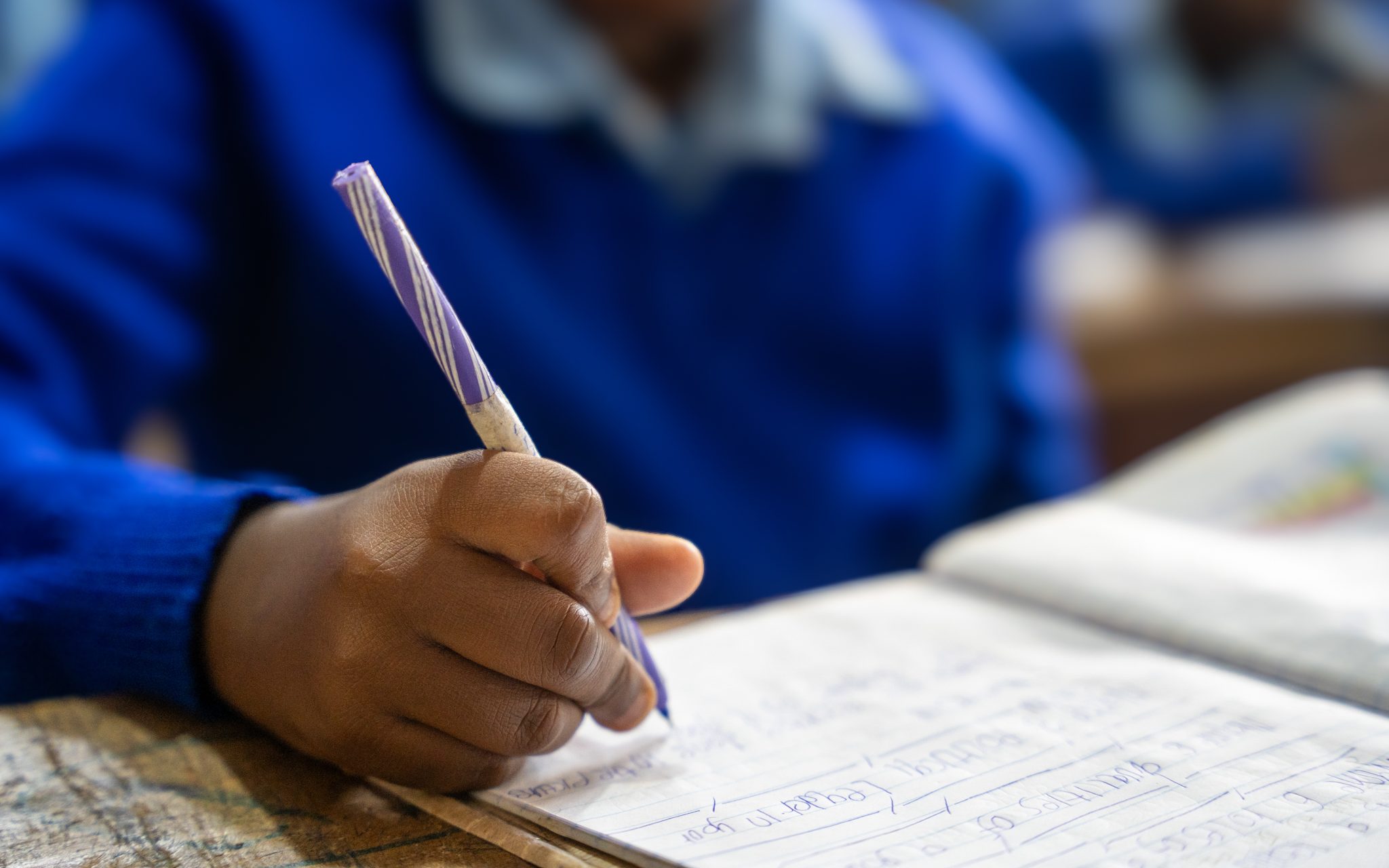
Education is an equaliser. Every child with or without a disability must access good quality education. No one should be left behind.
Evans
Evans (17, Zambia)
“For the blind we need braille material and for the deaf we need sign language interpreters.”
Evans is a child with fibrous dysplasia.
In his letter, he writes “Fibrous dysplasia is a developmental physical disability that affects the skeletal structure. In my condition, it affects the head and my legs. Because of this my bones don’t grow straight and strong, they instead grow weak and bend. Because of the condition I use crutches and a wheelchair.”
Evans shares the barriers that stop him and others from accessing education:
“I find it difficult to access education because of a lot of barriers. Infrastructure is one theme. Because most schools do not meet my needs. For example, some schools have stairs leading to the classrooms or bathrooms that is a very big challenge for me who uses crutches. Moreover, they do not provide ramps for students with physical disabilities. Only a few selected schools provide such services. In some schools the way toilets are designed make it difficult to access them especially pit latrines which have narrow passages, no comfortable seat and no rails.”
He also calls for accessible learning materials:
“Teaching and learning materials should be accessible to all in all formats and easy to use. For the blind we need braille material and for the deaf we need sign language interpreters.”
Evans closes his message with a powerful reminder:
“Education is an equaliser. Every child with or without a disability must access good quality education. No one should be left behind.”
We stand with Evans and all children who are naming what is missing and asking for change.
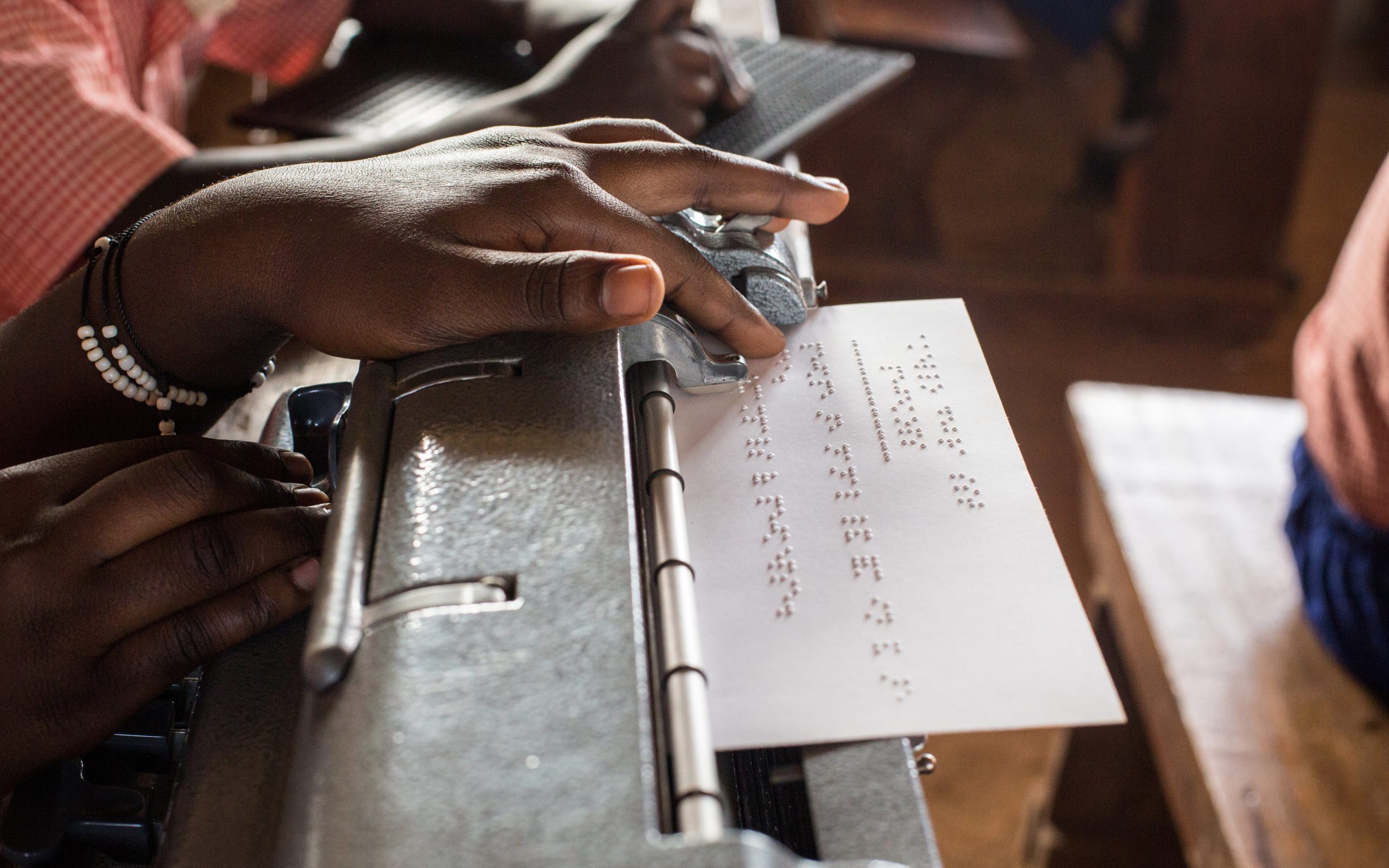
Veronica (14, Malawi)
“Children with disabilities lack [sanitary] pads that can assist them during menstruation. (…) There is lack of early intervention in identifying children with disabilities in localities.”
Veronica is clear about what still needs to be addressed. Her words remind us that budgeting for children’s rights is not abstract. It must meet the real and personal needs of every child with a disability.
In her letter Veronica expressed:
“The following are some of the challenges lack of medicine, lack of sign language interpreters in hospitals to accommodate children with disabilities especially those with hearing impairments. Children with disabilities lack sanitary pads that can assist them during menstruation.”
“There is lack of early intervention in identifying children with disabilities in localities for example there are some who are bedridden need, [who need] cerebral palsy chairs, stands and support.”
“It is also difficult for us to have health care services due to lack of mobility and communication. For example, children with albinism. It is time to hear us and include us in planning and implementation of health care services for us.”
We stand with children like Veronica who are showing us what real inclusion means.
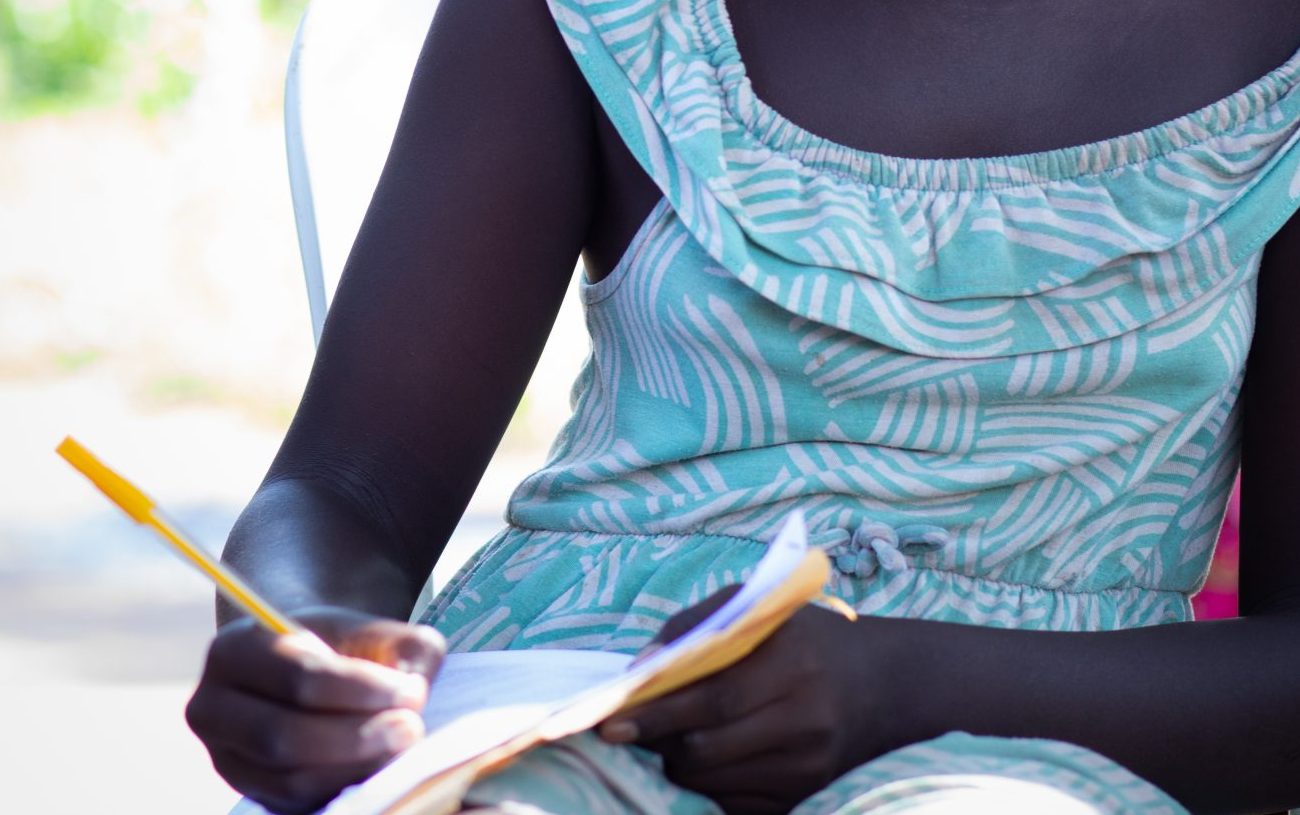
Shangi (15, Zimbabwe)
“At this school it is hard for me to move around the school because there are no ramps.”
Shangi writes, “I am physically disabled and I use a wheelchair for movement. At this school it is hard for me to move around the school because there are no ramps.”
Shangi calls for the government “to help us to construct ramps so that we can move freely. I hope we will be assisted.”
The African Committee of Experts on the Rights and Welfare of the Child reminds us that many countries are still failing to plan with children in mind, with a lack of coordination, poor use of resources, and little space for children’s voices to be heard. We cannot build inclusive schools without understanding the daily barriers children with disabilities face.
When a child like Shangi asks for ramps to move freely in his school, he is naming the very basics that make education possible. These are not extras, they are essentials.
We believe every child has the right to access education safely and freely.
